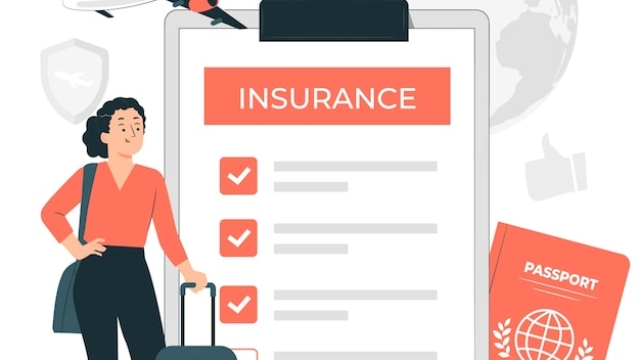Securing Your Business: A Guide to Small Business Liability Insurance

Running a small business comes with its own set of risks and challenges. From unforeseen accidents to property damage, there are numerous liabilities that can have a significant impact on your business. That’s where small business liability insurance steps in. This essential coverage provides protection and financial security in the face of potential lawsuits, claims, or other financial burdens. With the right insurance policy in place, you can focus on growing your business with peace of mind, knowing that you have a safety net to fall back on. In this article, we will delve into the world of small business liability insurance, discussing its significance, types, and how it can secure the future of your venture. So, let’s dive right in and explore the ins and outs of this vital protection for your business.
Understanding Small Business Liability Insurance
Liability insurance is a crucial aspect of protecting your small business against potential risks and legal claims. Small business liability insurance provides coverage for claims related to property damage, bodily injury, and personal injury that may arise during the course of your business operations.
By having small business liability insurance, you can ensure that your financial burdens won’t become overwhelming in the event of an unforeseen accident or lawsuit. This insurance not only provides coverage for legal fees and settlement costs, but it also offers peace of mind, allowing you to focus on growing your business without constant worry.
One important type of small business liability insurance to consider is commercial property insurance. Commercial property insurance protects your business’s physical assets, such as buildings, equipment, and inventory, against disasters like fire, theft, or natural disasters. This coverage can play a significant role in helping you recover financially should your business suffer from unexpected property damage.
In summary, small business liability insurance is essential for safeguarding your business from potential liabilities. By understanding the importance of liability insurance and considering additional coverage like commercial property insurance, you can better protect your business and ensure its continued success.
Benefits of Commercial Property Insurance
-
Protecting Your Physical Assets:
Commercial property insurance offers small businesses protection for their physical assets. Whether you own or lease your business space, this insurance coverage can safeguard your property against risks such as fire, theft, vandalism, or natural disasters. By having commercial property insurance, you can rest assured that your small business’s physical assets, including buildings, equipment, inventory, and signage, are financially protected. -
Coverage for Business Interruptions:
One of the significant benefits of commercial property insurance is that it can help mitigate the financial impact of business interruptions. If your small business experiences a covered event, such as a fire, that forces you to temporarily shut down your operations, commercial property insurance can provide coverage for lost income and ongoing expenses during the restoration period. This coverage can be crucial in helping your business survive and recover from unexpected disruptions. -
Liability Protection for Customers:
Commercial property insurance not only protects your assets but also provides liability coverage for your small business. If a customer or visitor suffers an injury on your business premises and holds you responsible, this insurance can cover the Legal fees, medical expenses, and potential settlement or judgment costs. Having commercial property insurance with liability coverage can save you from substantial financial losses and protect your business’s reputation.
Note: Always consult with an insurance professional to understand the specific terms, coverage limits, and exclusions of your commercial property insurance policy. Each insurance policy may vary, and it is essential to ensure that your policy adequately meets your small business’s needs.
Choosing the Right Small Business Insurance Coverage
When it comes to protecting your small business, choosing the right insurance coverage is essential. Small business insurance provides financial support and safeguards against potential risks and liabilities that could otherwise jeopardize your business’s future. Here are some aspects to consider when selecting the appropriate insurance coverage for your small business:
-
Understand Your Business Needs: Start by assessing the unique risks associated with your specific industry and business operations. Are you engaged in manufacturing, retail, or service-based activities? Identifying potential risks, such as property damage, professional errors, or employee injuries, will help you determine the coverage areas that are critical for your business.
-
Evaluate Potential Liability: One of the key considerations for small business insurance is liability coverage. Liability insurance protects you against claims and legal actions that may arise if someone is injured on your business premises or if your products or services cause harm. Determine the level of liability coverage required based on the nature of your business and potential risks involved.
-
Review Commercial Property Insurance: If your business relies on physical assets such as buildings, equipment, or inventory, it is crucial to have commercial property insurance. This coverage will safeguard your assets in case of theft, fire, vandalism, or other unforeseen events. Make sure you accurately assess the value of your property to ensure appropriate coverage limits.
Remember, selecting the right small business insurance coverage involves careful evaluation of your unique needs and an understanding of the potential risks your business may face. Working closely with an experienced insurance provider will help ensure that you have a comprehensive and tailored insurance policy that protects your business in the best possible way.
